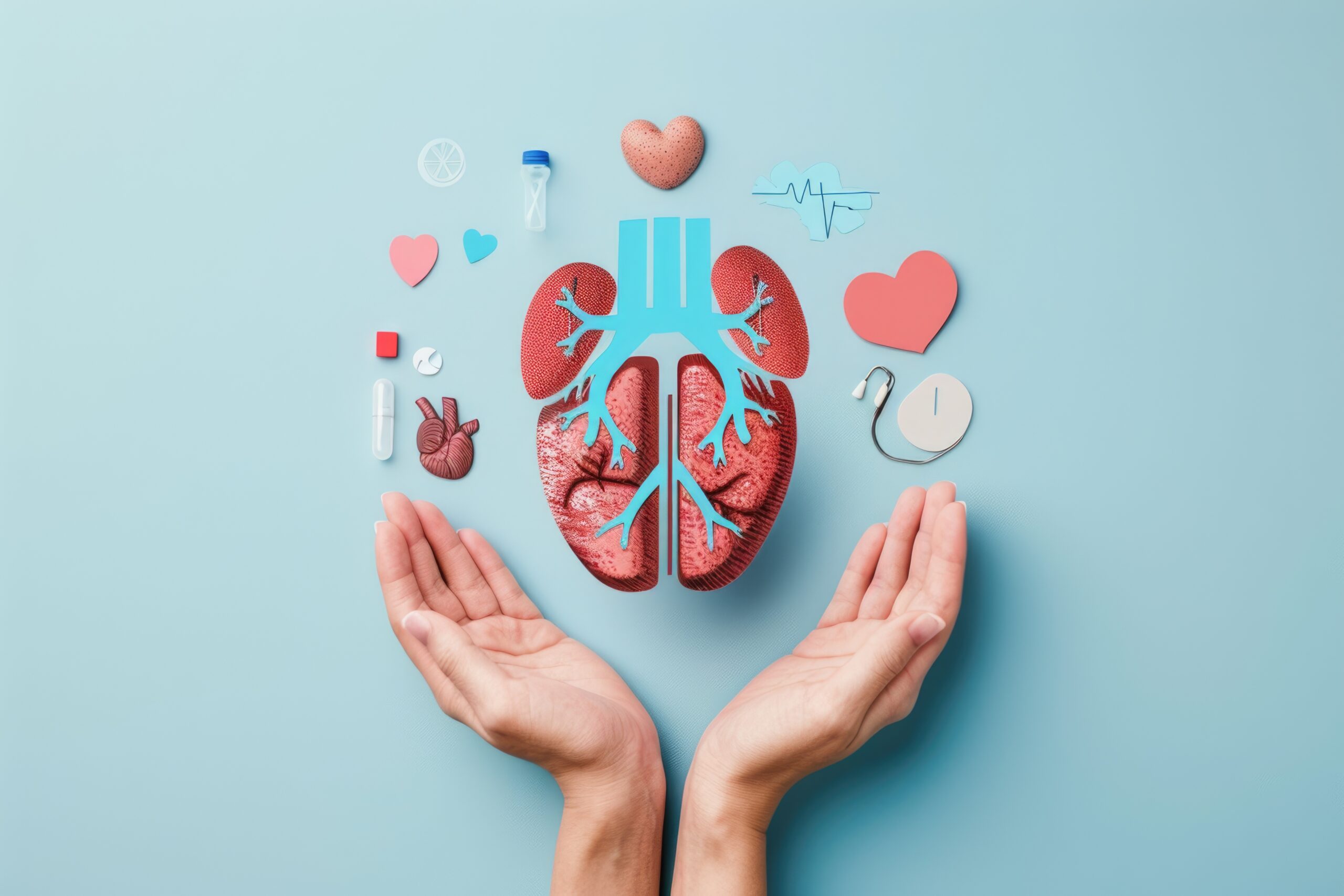A Lasting Legacy for Medical Advancement
The Body Donation and Anatomical Gifts Hub Hub
Body donation is a deeply personal decision that requires advance planning and is distinct from organ donation. Unlike organ donation, which can be completed through a driver’s license or during medical care, body donation is typically coordinated with a body donation program or medical institution. By donating your body, you can support medical research, education, and the advancement of healthcare, leaving behind a lasting legacy for future generations.

Key Things To Know
Body donation is an important and personal decision that requires careful planning. Understanding the process, legal considerations, and the impact of your decision can help ensure that your wishes are honored and that your contribution supports medical research and education.
-
Body Donation Requires Advance Planning: Unlike organ donation, which can be registered on a driver’s license, body donation requires advance registration with a body donation program or medical institution. It’s essential to make arrangements ahead of time to ensure your wishes are respected after death.
- Body Donation Is Different From Organ Donation: Organ donation involves donating specific organs (like the heart or kidneys) for transplant, and it typically occurs under medical supervision. Body donation, on the other hand, involves donating the entire body (or specific body parts) for research, education, or scientific purposes, and it often happens after legal death is confirmed.
- Donating a Body Is Not Limited to Organ Donation: While organ donation saves lives through transplants, body donation goes beyond that, providing invaluable resources for medical research, education, and the training of future healthcare professionals. Donated bodies are often used in medical schools, laboratories, and for research in various scientific fields.
- Not All Bodies Are Suitable for Donation: To ensure the body can be used for research and education, certain health criteria need to be met. Factors like age, medical history, and the cause of death may affect whether a body can be accepted for donation. It’s important to check with donation programs about eligibility.
- Body Donation Is a Legal Form of Disposition: Donating your body is a legal and recognized form of final disposition. Once your body has been donated, it will be used for research, teaching, or other medical purposes, and after its use, it is typically cremated and returned to the family if requested.
- The Process Is Coordinated With Medical Institutions: After registering with a donation program, your body will be transported to the designated institution or research facility. These programs handle all logistics and ensure the body is preserved and used in accordance with your wishes.
- Body Donation Is Cost-Free: Unlike traditional burial or cremation, body donation does not usually come with significant costs. Some donation programs even cover the costs of transportation and cremation after the body has been used for research or education.
- Your Family Needs to Be Informed: It’s crucial to inform your family about your decision to donate your body, as they will need to give final approval when the time comes. This also ensures they are aware of your wishes and can follow through with the legal and logistical steps.
Resources
You shouldn’t have to navigate body donation on your own. Fortunately, we have resources to guide you every step of the way.
Articles
Frequently Asked Questions
Disclaimer: The information provided on this website and by Buried in Work is for general informational purposes only and should not be considered legal advice. Please consult with a qualified attorney or subject matter expert for advice specific to your situation.


